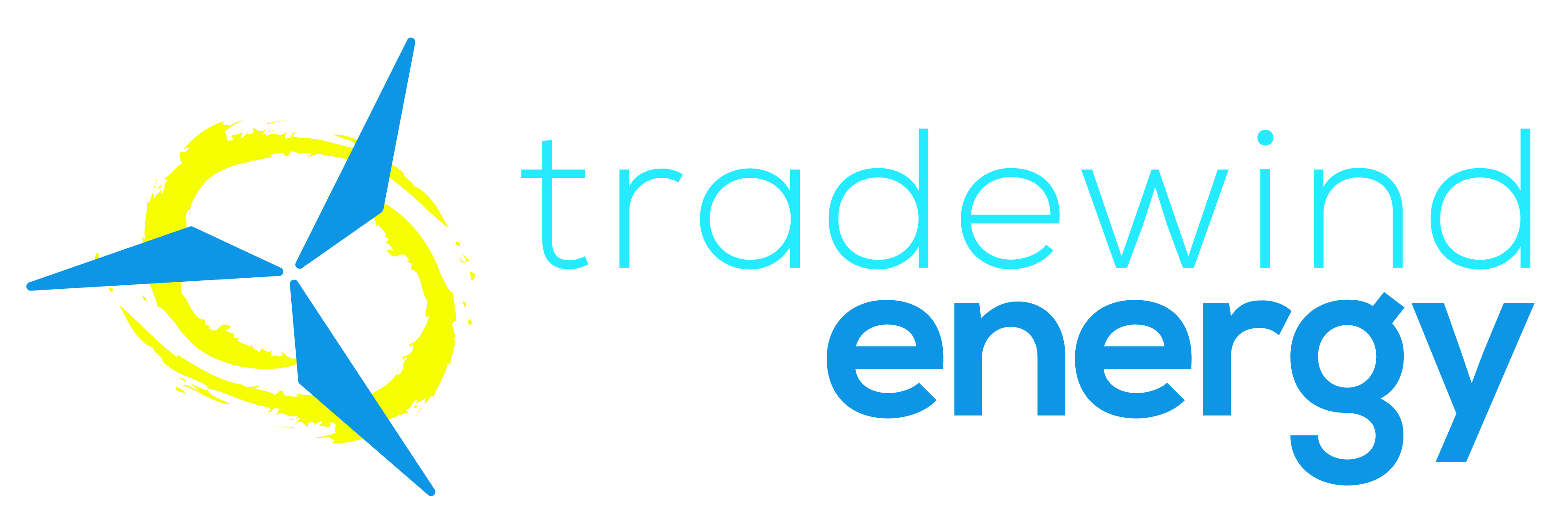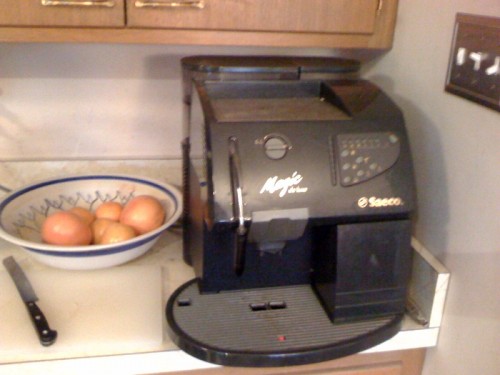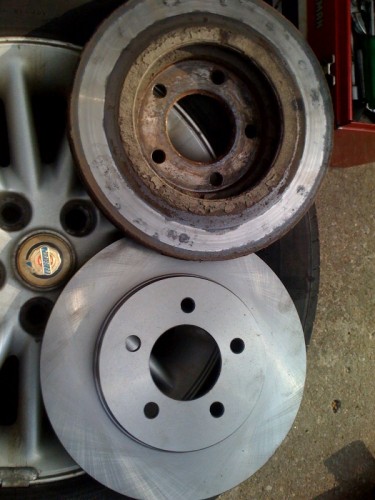I didn’t drink any coffee before I was 30 years old. Not really until 34 I think. Now I drink a ton. At least in my estimation, it seems like a ton. Most days it’s twice a day. I drink tea in the morning. I started that somewhere in my late 20’s. I’m not sure when I started drinking coffee. I think it was living with Michael Engleman in Boulder. He could drink an unbelievable amount of coffee. And alcohol.
The first time I remember racing with coffee is at a Norba National in Spokane. Paul Biskup brought me a double espresso 5 minutes before the start. I had a very good race. That started the whole thing. Gee, thanks Paul. Now I drink coffee religiously before every race. It is part of the routine.
I’m not sure if coffee is good for your health or not. I think not, but there are studies out there that say otherwise. I know that when I’m sick, I have no desire for coffee. Tea is good then, but I never have the stomach for coffee when I’m sick. That tends to tell me that it isn’t that great for you in general. I know that thought process is flawed, but that is how it works here.
I’ve experienced coffee all over the world now. Guatemala, Brazil, New Zealand, etc. It’s amazing how much different it is. I was interested in who drinks the most coffee as a country. I found this list of amount of coffee consumed per capita. I was surprised. But, after looking, it makes sense. Seems the colder the place is the more coffee consumed.
I’ve had some of my best pre race encounters at coffee shops before a race. I few years ago, I was standing in line before the Redland’s criterium and some guy came up and introduced himself and said he was a fan. He told me it would be an honor to buy my pre race coffee. I told him that was okay, but he insisted. I ordered a quad espresso. I was a little embarrassed, but that was what I was ordering. Anyway, I ended up finishing 5th in the criterium. I went across the line and a couple hundred meters later, this guy was standing there, crazy happy. I wasn’t that impressed with my result, but after talking to him for a bit, it became contagious. He said it was the highlight of his bike race spectating experience. I rode back to the hotel thinking how great it was to be so easily pleased.
Anyway, yesterday, working on the car, I drank a fair amount of coffee. Last year, working on the roof, 18 hours a day, I was way over the limit. 5-10 a day at least. Manual labor requires coffee for productivity. I’ve never thought of cycling as manual labor, but it really is just that. Maybe that why I enjoy construction. It’s a lot like racing bikes. They both involve physical labor, coupled with mental considerations and prowess.







That’s funny about the coffee – I didn’t start drinking it regularly until I hit 50 and now I’m hooked. And like you, when I’m sick it’s one of the last things I want to consume. Funny how it works for racing as well – the first time I ever drank any was in St. Louis at a crit and I mixed it with half a cup of hot chocolate to help kill the taste. That was my first win in a bike race.
I’m reading coffee, then espresso.
I’m seeing pictures of espresso machines — dang that second one is ugly. Then again, if I drank espresso from that second machine like you, I’d finish 5th in the next crit…..
Sports Med. 2001;31(11):785-807.
Caffeine and exercise: metabolism, endurance and performance.
Graham TE.
Human Biology and Nutritional Sciences, University of Guelph, Ontario, Canada. [email protected]
Abstract
Caffeine is a common substance in the diets of most athletes and it is now appearing in many new products, including energy drinks, sport gels, alcoholic beverages and diet aids. It can be a powerful ergogenic aid at levels that are considerably lower than the acceptable limit of the International Olympic Committee and could be beneficial in training and in competition. Caffeine does not improve maximal oxygen capacity directly, but could permit the athlete to train at a greater power output and/or to train longer. It has also been shown to increase speed and/or power output in simulated race conditions. These effects have been found in activities that last as little as 60 seconds or as long as 2 hours. There is less information about the effects of caffeine on strength; however, recent work suggests no effect on maximal ability, but enhanced endurance or resistance to fatigue.
I ran into you for the first (and only) time at the Starbucks in Topeka a few months ago when I was doing soome work out there and I felt a little like the guy at Redlands – although I didn’t buy you coffee and you were constructing, not working. It was interesting how easy it was to talk to you and even more interesting how many things we spoke about in 5 minutes – full suspension, Knickman, Priceline, Colorado, Topeka restaurants, website counter/stalkers and whatever else. Thanks for the dialogue.
The Godfather has spoken again, awesome blog.
Steve – isn’t some of the best coffee in the world coming out of PT’s in Topeka? They won roaster of the year in 2009.
http://www.ptscoffee.com/aboutus/awards.php
I drink Illy myself. Buy it in the 3 kilo cans, vacuum pack it and fine grind most mornings.
It’s worth it.